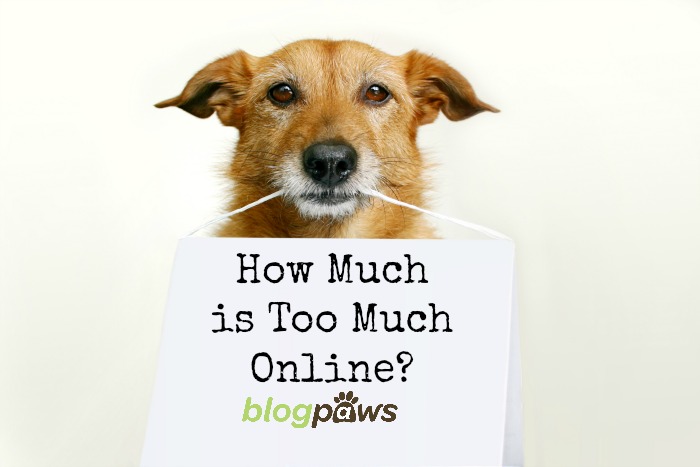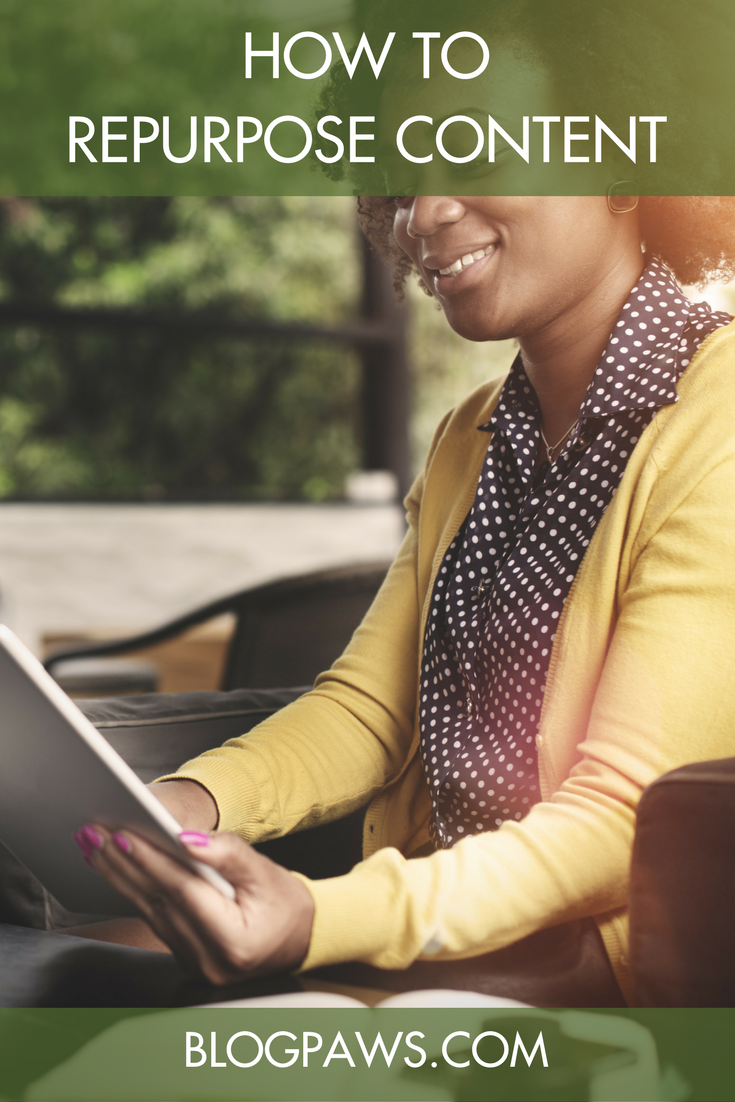How Much is Too Much Online?
by: Carol Bryant
We’re all adults here and we don’t need an Internet filter to tell us what we can or cannot read online. From a discretionary perspective, just when is the right time for a filter? In other words, how much is too much when shared online?
This is a very hot topic and one that is, no doubt, near and dear to the hearts of pet (and any type of) bloggers. We blog and in order to be true to ourselves and our readers, we are honest in what we write. As e-journalists, we also have a responsibility to be credible, fact-based, research-filled, and if none of those apply, then at the very least: transparent in what our words say. If you are a hobby blogger or someone who just writes for fun, then perhaps your words are not heavy on the research end of things.
For many of us, what we say is read, shared, archived, and perhaps retweeted, pinned, tagged, and so much more. We live in e-revealing times. But how much is too much online?
It is easier to say something from behind a computer screen/tablet/phone than to a person’s face. Admittedly, many folks I’ve encountered online with strong forceful personalities are just the opposite in person. Granted, in some way, shape or form we all have apprehensions in new situations, and some more than others. It amazes me when big personalities online are but a mouse squeak in person. This is not a criticism but an observation.
Working With Brands
Brands are watching what you write, whether or not you realize it. Brands, like many employers these days, follow your digital thumbprint. I know because brands tell me this time and again. You are being watched and we live in a time of Big Brother. We blog, therefore we are watched: Sounds like a dream, right? We want to be watched, read, shared, and this helps our stats. We want credibility. Again though, how much is too much online?
Comfort in Computers
Did you groan about a brand online? Do you have concerns about your co-workers and talk about it on Facebook? Did you tweet how the idiot in the cubicle next to you is grating on your nerves? All of this data is being gathered and kept and yes, people you don’t want seeing it, probably are.
There is a certain comfort we take when seated behind a computer. We can gripe, moan, complain, cuss, rant, and vent. That’s fine if your reputation isn’t on the line, but for most of us, our reputations count. They matter. Did you ever step back and read some comments people write on Facebook and just roll your eyes, sigh, or tell your significant other to “come here and read this, I cannot believe XXX just put that on Facebook.” Yep, I’ve done it, too.
Bloggers are Brands
Your blog/microblog is a brand. If the only thing a brand knows about you is what is reflected in your e-words, are you happy with what you’ve been putting out there? Pretend for a moment you are a brand who was pitched by a pet blogger. The brand starts looking into things you say both on your blog and on social media channels. Are the two in sync? Are you a fit for that brand? If being loud and proud are your thing, more power to you. If telling it like it is is your way of being in the world, then rock on. If your reputation matters, re-read things or better yet, type them in a Word doc first, read aloud and decide if it’s worth sharing.
While at a conference recently I was chatting about bloggers with a medium-sized pet-related business owner. She asked me if I knew much about a certain blogger, and I did not. Her exact words to me were, “Well all she does is complain. I had to unfriend her.”
So folks are watching. Maybe you don’t care about that brand or even know she was watching, but it was enough to cause an unfollow.
Micromanaging a Life
All of this is aimed and no one and everyone: We are all guilty of “shoot, why did I say that” long after a tweet is shared or a status is posted. No one wants to micromanage a life where we have to be super cautious about what we say, to whom, and in what “e-tone” we choose. And yes, there’s an e-tone out there. Ever get an email that felt cold or dismissive only to have the person tell you later that was not the intent?
Proceed with caution is the bottom line. You should be cautious unless you simply don’t care. If that’s the case, no harm, no foul. Just know that someone is watching. And that someone just might not want engage in a business transaction if your words speak louder than any action could ever repair. There are companies designed to fix a crappy online reputation these days. Ah, as the world turns.
Am I on target here? Anyone else feel the same way? Are there folks you encounter, whether co-workers, family, friends, or complete strangers whom you feel put too much of their personal feelings online?




